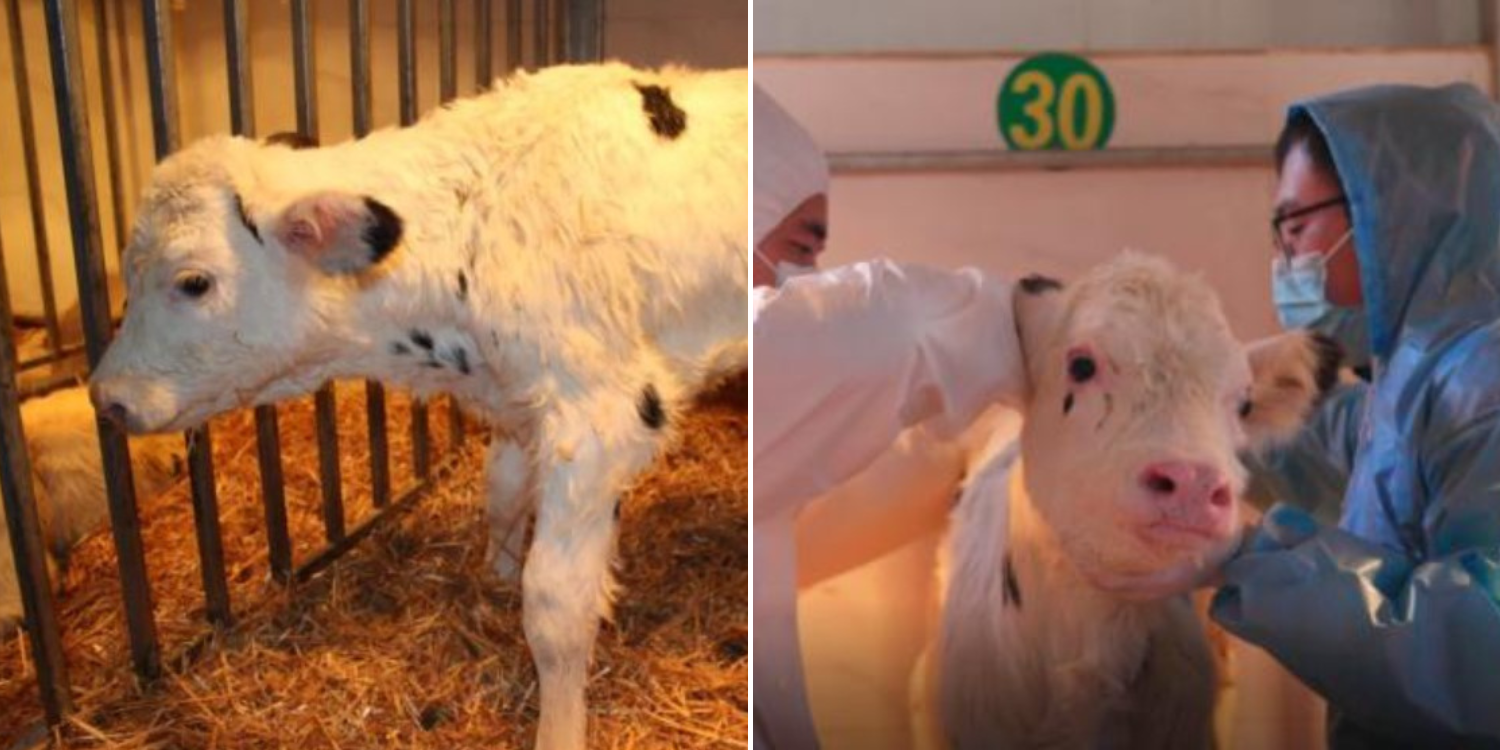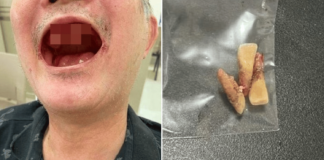China Clones ‘Super Cows’, Milk No Different From Regular Ones
Cloning is a concept that scientists have been experimenting with since the 1950s. Since then, there have been multiple successfully cloned animals, with the most famous being Dolly the sheep.
Scientists in China added to that list by producing the world’s first cloned monkey in 2017, followed by the world’s first cloned Arctic wolf in 2022.
Recently, they accomplished another feat by successfully cloning three ‘super cows’.
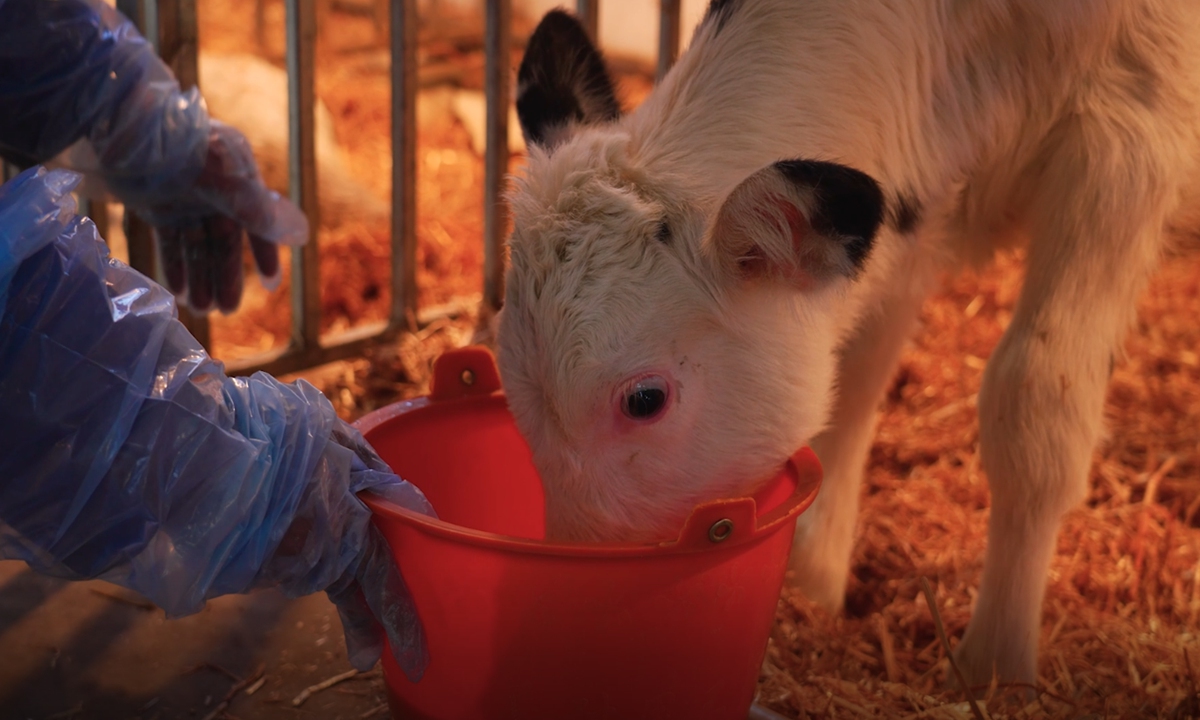
Source: Northwest A&F University via The Global Times
These cows supposedly have enhanced milk-producing abilities. Their milk is also said to be no different from that produced by the original ones.
‘Super cows’ can produce high amounts of milk
According to China Daily, the three ‘super cows’ were cloned by scientists from the Northwest A&F University.
Somatic cells were taken from the ears of a Holstein Friesian cattle and placed in surrogate cows.
This technique is known as somatic cell nuclear transfer and was the same method used to clone Dolly the sheep.
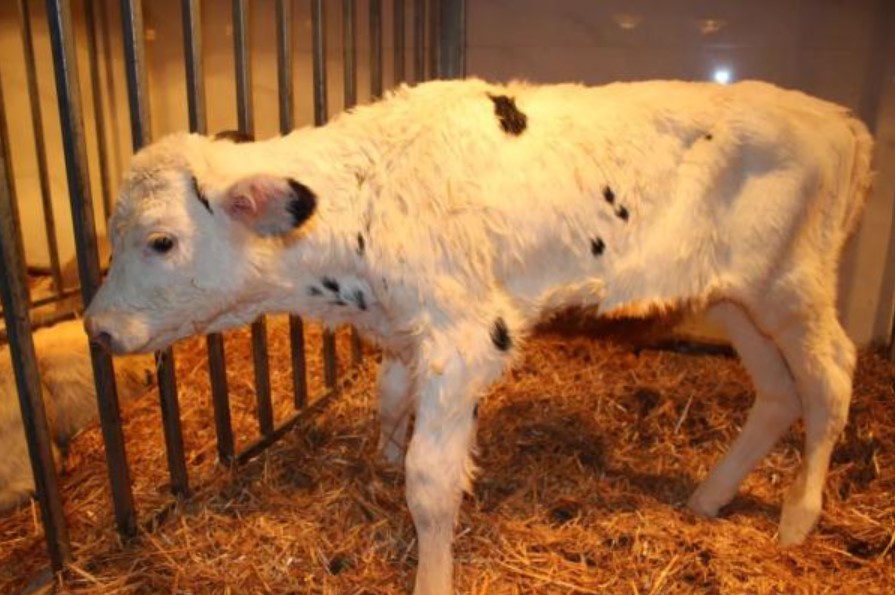
Source: China Daily
The three calves were born in the Ningxia Hui Autonomous Region.
The first calf, born on 30 Dec via caesarean section, weighed 56.7kg and shared the exact same shape and patterning as the cow it was cloned from.
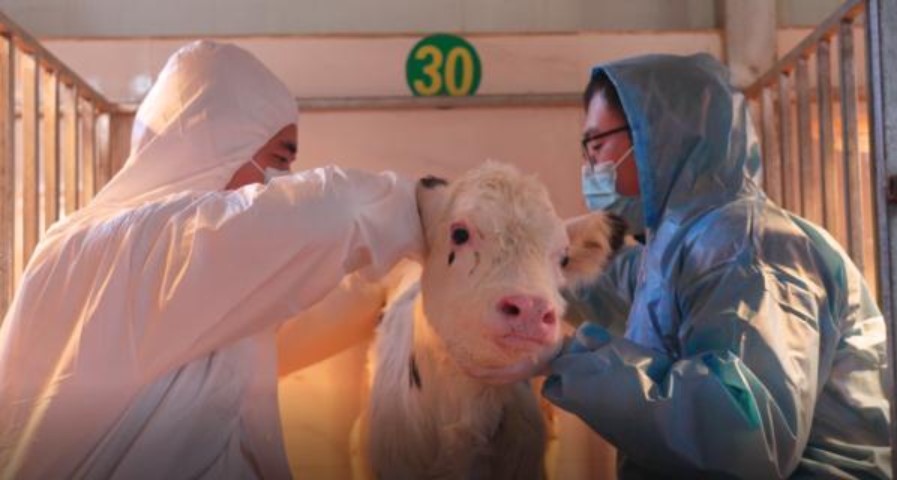
Source: China Daily
A scientist involved in the project claimed that since there wasn’t any gene editing, the cloned cow is just like the original. This means that its milk’s nutritional value is also the same.
The difference is in how much milk the ‘super cows’ are expected to produce.
According to The Global Times, they will be able to produce 18 tonnes of milk a year, or 100 tonnes of milk in a lifetime.
Citing data from the US Department of Agriculture, CBS News notes that this is 50% more than what the average cow in America produces, which is 12 tonnes of milk a year.
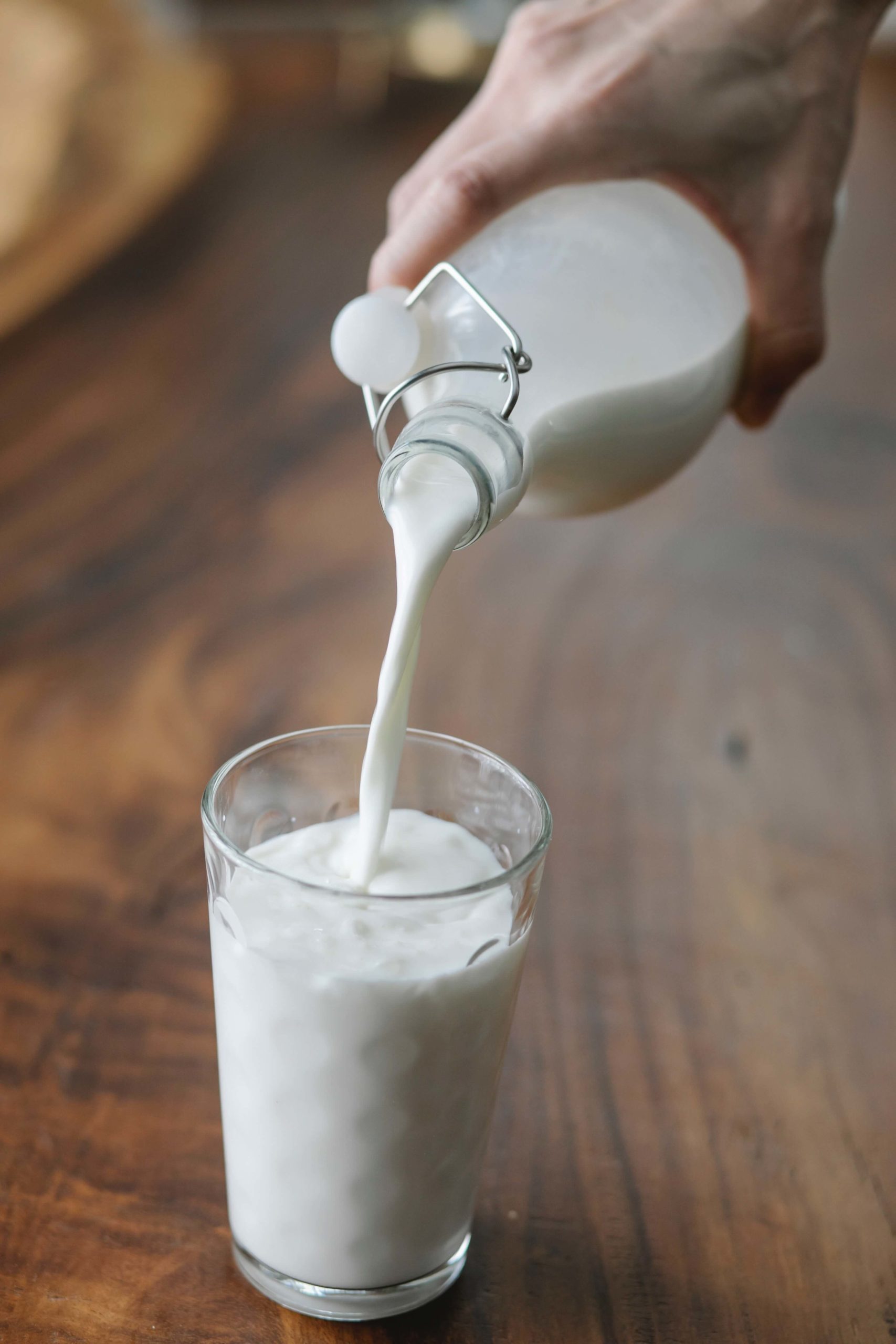
Source: Charlotte May on Pexels
In 2008, the US Food and Drug Administration confirmed that meat and milk from animal clones are “as safe to eat as food from conventionally bred animals”.
Thus, these ‘super cows’ are to start producing milk for the market once the calves reach two years of age.
Expected to reduce China’s dependency on dairy cow imports
Speaking to The Global Times, the project’s lead scientist Jin Yaping said that cloning will enable China to preserve the genes of their best cow breeds.
It will also help them to avoid the biodiversity risk associated with importing cows, China Daily reports.
Mr Jin shared plans to “build up a herd comprised of over 1,000 super cows” over the next two to three years.
This will provide a solid foundation for creating their own breeding bulls and dairy cows, easing China’s reliance on importing cattle.
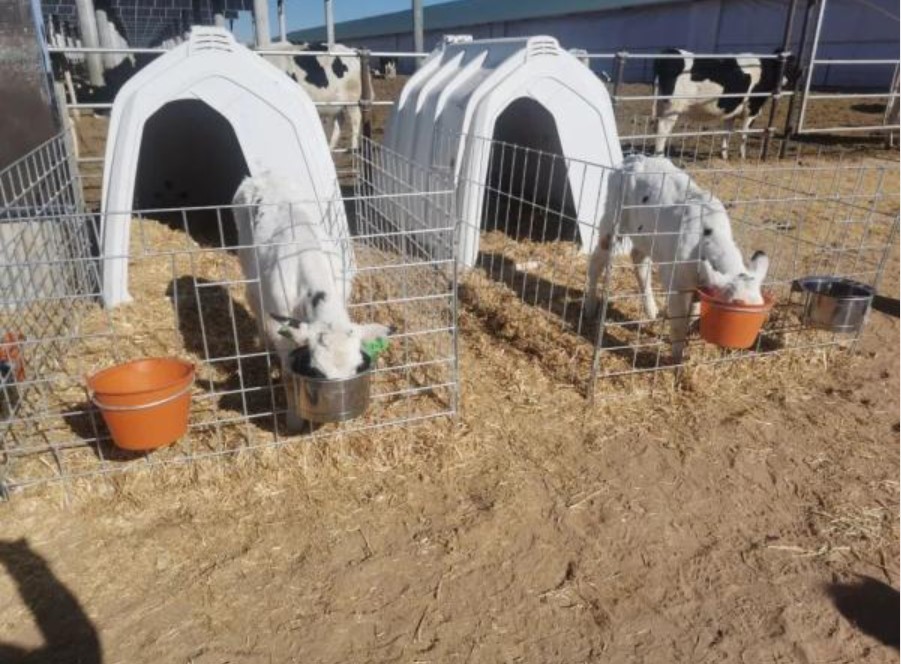
Source: China Daily
The country currently imports around 70% of its dairy cows from overseas.
However, only around five in 10,000 of them are highly productive, live long lives and are stress-resistant at the same time. This is due to various factors, such as their living environment and climate.
With such advances in technology, perhaps cloning can help to alleviate food security issues across the world.
Have news you must share? Get in touch with us via email at news@mustsharenews.com.
Featured image adapted from China Daily.
